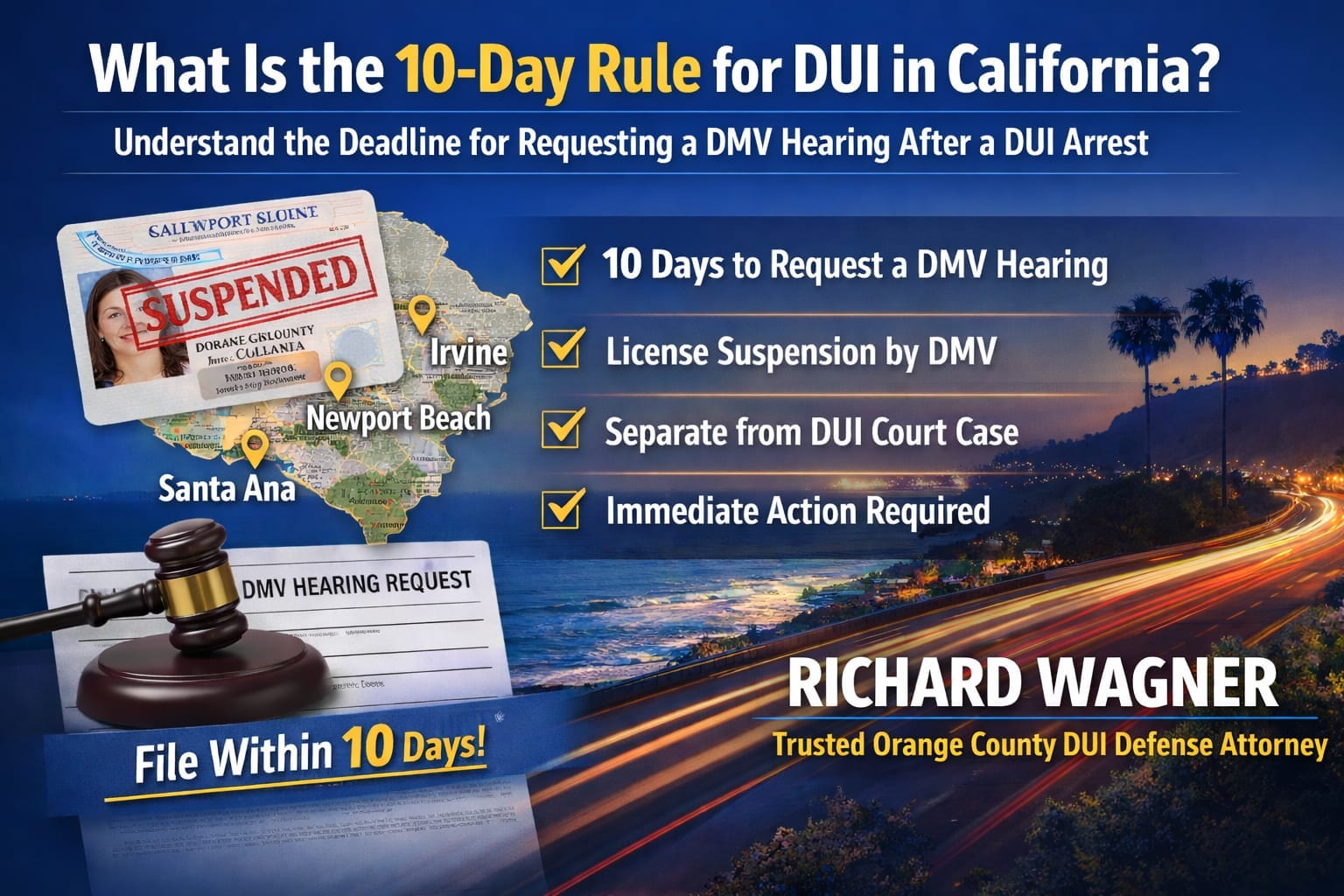Deukmejian Courthouse, 275 Magnolia Avenue, Long Beach, CA
Let’s be honest, nobody wakes up hoping they’ll learn about preliminary hearings today. But if you or someone close to you is facing one, suddenly, it’s all you can think about. It’s like trying to learn the rules of poker while you’re already in the game, staring at a pile of chips you can’t afford to lose. The stakes are high, and the legal jargon doesn’t make it any easier.
So, let’s cut through the confusion. Imagine we’re sitting in a cozy coffee shop, the scent of espresso in the air, and I’m explaining this to you like an old friend who happens to know a thing or two about the legal system.
Sound good? Great. Let’s dive in.
What Is a Preliminary Hearing, Really?
Think of a preliminary hearing (or “prelim,” preliminary examination, “PX,” “PE,”) as a legal checkpoint. This is not a full-blown trial. It’s more like a reality check, does the prosecution have enough evidence to keep this case moving forward? Or is it all just a house of cards waiting to collapse?
A preliminary hearing is an evidentiary hearing that follows the filing of a felony complaint. There are no prelims if you have a misdemeanor case. However, there are prelims when the felony charged in the complaint provides a misdemeanor sentencing alternative. These types of crimes are known as “wobblers.”
If the prosecution shows enough evidence, a judge may find probable cause. This means there is probable cause to believe that a crime has been committed and that the defendant committed it. If this happens, the case moves forward. If not? The case could be dismissed, and you could be walking out of that courtroom with a weight off your shoulders.1
What Happens in a Prelim?
Picture this: You’re in a courtroom. The atmosphere is tense but not quite as dramatic as what you see on Law & Order. The prosecutor calls witnesses, usually police officers and sometimes alleged victims, to lay out their version of events.
Your defense attorney? Their job is to poke holes in that story, ask the tough questions, and test whether this evidence is strong enough to hold up in a real trial.
If the judge finds the evidence sufficient, he or she makes an order referred to as a commitment order or holding order.
The judge at the preliminary “does not decide whether the defendant committed the crime, but only whether there is some rational ground for assuming the possibility that an offense has been committed and the accused is guilty of it.”1
Why This Matters More Than Ever in 2025
The legal landscape is shifting. In the last year, California courts have been under pressure to move cases faster because of massive case backlogs. Judges are less tolerant of weak cases clogging up the system, which means a strong preliminary hearing can be a game-changer.
Also, with more AI-generated police reports (yes, that’s real now), defense attorneys are being careful. They want to know if “evidence” is truly reliable or just made by a lazy algorithm.
Do Defendants Have to Testify?
Short answer: Nope. And most don’t. Your lawyer will likely tell you to stay quiet because the prelim isn’t about proving innocence; it’s about making the prosecution prove they’ve got some evidence. Less talking, fewer chances for your words to get twisted later.
Why Would a Defendant Waive a Preliminary Hearing?
Sometimes skipping the prelim is the smartest move. Here’s why:
- Negotiating a Plea Deal: Prosecutors may be more willing to offer a favorable plea agreement if a defendant waives the hearing. It saves the state time and resources, which can work in the defendant’s favor.
- Avoiding Exposure to Evidence: If the defense knows the prosecution has strong evidence, this choice prevents the evidence from being fully set forth before the trial. This can limit the impact in serious cases and also avoid evidence of additional offenses.
- Keeping Witnesses Off the Stand: Witnesses, especially alleged victims, may solidify their testimony after a prelim. Skipping it can keep them from getting a practice run before trial and avoid preserving testimony that could later be used at trial if the witness became unavailable.
- Speeding Up the Process: Preliminary hearings can take time. Waiving it may accelerate the case, which can be beneficial if a swift resolution is in the defendant’s best interest.
- Reducing Media Attention: In high-profile cases, a prelim can draw unwanted public scrutiny. Skipping it keeps things quieter.
Every case is different, so deciding whether to waive a preliminary hearing should always be discussed with an experienced attorney.
The Takeaway
Preliminary hearings might not be as flashy as full trials, but they’re critical. They set the stage for everything that follows. Get a strong defense early, and you could end up saving yourself months, or even years, of headaches.
So, what do you think? Have you ever sat through a prelim, or do you have questions about how they work? Contact The Law Office of Richard Wagner at (714) 721-4423.
- Understanding Criminal Arrests
- Vehicular Manslaughter
- Pretrial Hearings
- Felony DUI – DUI Causing Injury
- Felonies
AUTHORITIES
1 If a magistrate made no factual findings but dismissed the case on legal grounds at the preliminary hearing, the prosecution may refile a new complaint or seek a grand jury indictment as long as there have not been two dismissals under Penal Code Section 1387, or petition for reinstatement of the charges under Penal Code Section 871.5.
2 People v Slaughter (1984) 35 C3d 629, 637


